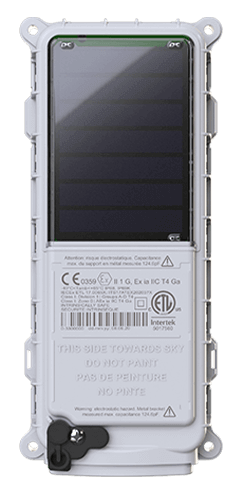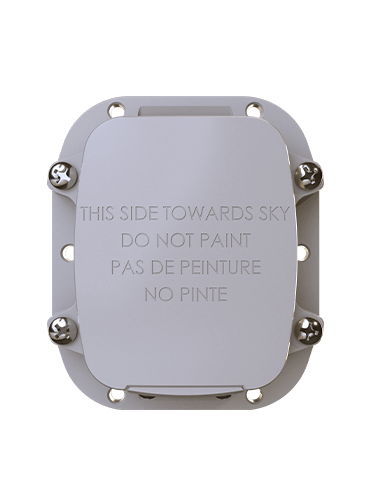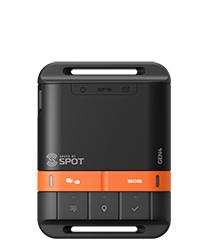Disaster Tech Lab
Disaster Tech Lab Supports Refugees in Greece
Globalstar’s Satellite communications devices allow European migrants to call family back home and keep emergency response teams connected
Globalstar and its partner, Disaster Tech Lab, are working to assist the victims of the European migrant crisis by dispatching satellite communications solutions in Lesbos, a Greek island that has received over 20,000 Syrian and Iraqi refugees this year. Globalstar products and services are also helping to keep the dispatch team connected as they travel to and from deployment locations. Disaster Tech Lab now has over 200 volunteers who travel to distressed areas where communications infrastructure is impacted.
Patchy cellular coverage, the lack of landlines and an influx of people have made terrestrial communications unreliable in Lesbos. Satellite networks are built independent of local infrastructure and, as a result, are usually the only reliable and operable communications networks available. Additionally, during periods of peak network traffic, satellites can mitigate the chance of system overload by acting as a capacity solution.
Evert Bopp, Founder of Disaster Tech Lab, commented, “Globalstar satellite phones are the only way many of these refugees can make a quick call to family back home, letting them know they arrived safely. We saw people forgo medical treatment for the opportunity to use a satellite phone, which shows the humanitarian impact these efforts have.”
He continued, “Not only are affected individuals benefiting from Globalstar, but so is my organization and other NGOs. Both our phones and SPOT trackers have improved efficiency and coordination efforts. For example, just recently, we loaned our Globalstar satellite phones to other organizations who landed in Lesbos to call for additional medical aid and direct resources and manpower to the right locations on short notice.”
Evert further reported from the field that during their ongoing deployment on Lesbos, they used the Globalstar satellite phones for a variety of purposes:
TEAM COMMUNICATIONS: “Supplying our teams with sat phones enabled us to contact them without having to worry about location, cell cover, having the right subscription etc. We were able to contact the teams and individual team members whether they were on location in Greece, travelling to and from deployment locations and even when two of the team went on a reconnaissance trip to Turkey to see where the refugees were departing from. We also used the Spot trackers to remotely keep track of our teams. It allowed for an instant overview of our teams locations and improved response times and efficiency. It also gave the team unprecedented access to reliable communications.”
CROSS-ORGANIZATIONAL COMMUNICATIONS: “There are several locations on Lesbos where the boats with refugees are landing. Different organizations have teams and look-outs on these locations, but due to lack of landlines and cellphone coverage in these areas, the teams are unable to communicate directly. This means that if there are a lot of boats landing in one area, the team at that location was unable to contact the other teams and ask for reinforcements. They were also unable to call direct for medical aid. We loaned our Globalstar sat phones to various organizations working in these locations allowing them to contact each other and to direct the required resources and manpower to the right locations at short notice.”
REFUGEE COMMUNICATIONS: “On several days we used the satellite phones to offer refugees who had no means of communications (no or damaged phones or simply no funds) the opportunity to make a quick call to family back home to let them know that they were safe. From a humanitarian point this had the biggest impact. We had people foregoing medical treatment to wait in line to use the satellite phone. Many were overcome when talking to their families and burst out in tears. It was absolutely fantastic to be able to just pull out the satellite phone, hand it to someone and they could just make a call there and then.”
 SmartOne Solar
SmartOne Solar SmartOne C
SmartOne C STX3
STX3 STX3 Dev Kit
STX3 Dev Kit SPOT X
SPOT X SPOT Gen4
SPOT Gen4 SPOT Trace
SPOT Trace